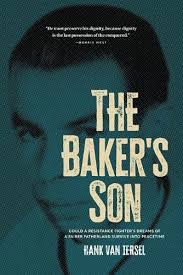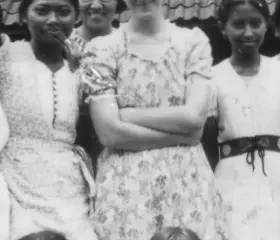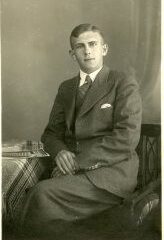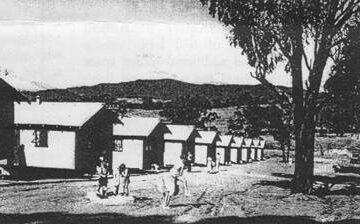
The story of Dutch migration to Australia is filled with personal journeys of courage, resilience, and community spirit. Among these is the remarkable life of Henk (Hank) van Iersel, a man who stood against oppression during the dark years of World War II and later sought a new future for his family in Australia.
Born the son of a baker in the Netherlands, Henk van Iersel played an active role in the Dutch armed resistance during the Nazi occupation. His wartime experiences are recounted in The Baker’s Son, a tribute to his bravery and that of his compatriots. Like many resistance fighters, Henk and his comrades risked their lives to oppose tyranny, working in secret to undermine the occupying forces.
Yet, the liberation of the Netherlands did not bring the recognition or respect these heroes had hoped for. Henk and many of his fellow resistance members felt a profound disillusionment with the treatment they received from the post-war Dutch government. This sense of disappointment was one of the key factors that prompted Henk and his wife Jose to consider building a new life elsewhere — a life that eventually led them to Australia.
In February 1961, Henk, Jose, and their sons Rob, John, Peter, and the youngest, the author of The Baker’s Son, arrived in Sydney aboard the SS Waterman. Like so many Dutch families, they initially stayed in migrant hostels — first at Scheyville, and then at Fairy Meadow — before settling into a flat in Bulli, built by Henk’s brother.
Henk and Jose quickly became pillars of the Dutch-Australian community in the Illawarra region. Both were actively involved in the Dutch Australian Society, contributing to the preservation and celebration of Dutch culture in their new home. Henk, an accomplished musician, founded The Strolling Players, a dance band that performed at Dutch and German clubs across Sydney, Canberra, and Wollongong for many years. Through music, he brought joy to migrant communities and helped maintain cultural ties to the old country.
Henk’s final performance with The Strolling Players at the Dutch Club in Woonona, NSW, was captured on film. A DVD of this performance is now being prepared for preservation by the National Film and Sound Archive of Australia, ensuring that this unique cultural snapshot of the Dutch migrant experience will be available for future generations.
Henk van Iersel’s story is one of many that illustrate the complex reasons behind post-war Dutch migration, the struggles and hopes of new settlers, and the vibrant contribution of the Dutch to Australian cultural life. His legacy, both as a resistance fighter and a community leader, continues to inspire.
The book is part of the DACC Library collection.


